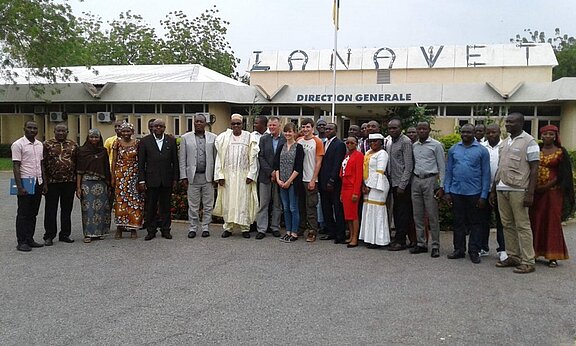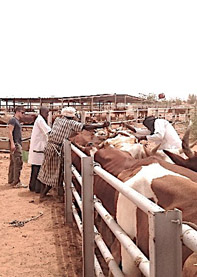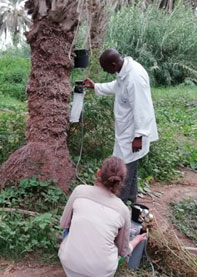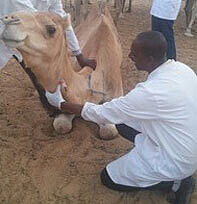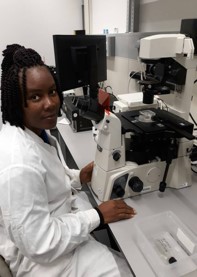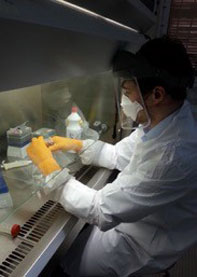Research Objective:
This project will conduct research on the presence of Rift Valley Fever Virus (RVFV) and Crimean-Congo Hemorrhagic Fever Virus (CCHFV) in Cameroon, Mauritania, and Sierra Leone in close collaboration with our African partner institutes. The possibility of intentional or unintentional importation and release of such pathogens in Europe poses a significant potential hazard and health risk to humans and animals. RVF and CCHF viruses have been classified as biosafety level 3 and 4 agents due to their potential to cause fatal infections in humans and the lack of a reliable therapy or vaccine. Although such pathogens are assumed to occur in large parts of Africa, concrete data on their actual prevalence remain scarce and this is where this project will focus.
Methodology:
The viruses circulating in livestock, mosquitoes and ticks will be detected and subsequently characterized by the targeted analysis of competent vectors as well as their hosts in the countries. The project, which is funded by the German Federal Foreign Office, is currently in its third funding phase. Therefore, we can look back on a long and successful scientific cooperation with our African partners. While the first two project phases (2014-2019) identified potential risk areas in the three countries, the current project phase focuses on establishing MinION sequencing in the partner laboratories. This technology enables rapid on-site sequencing and characterization of positive field samples, requiring relatively little effort compared to other next-generation sequencing methods. Furthermore, a digital data management software (Riems Data Net) will be programmed to specifically trace collected field samples and to standardize or facilitate documentation. The already existing international scientific networks, which have grown continuously in recent years as a result of the close cooperation of all participating institutions, are to be further expanded through the increased use of the online platform "Go4BSB" of the German biosafety program. Especially in the times of the Covid-19 pandemic, it became apparent that conducting online workshops on the platform can be a useful tool for a knowledge transfer and scientific exchange despite contact restrictions
Further information on the program:
https://www.auswaertiges-amt.de/de/aussenpolitik/themen/abruestung-ruestungskontrolle/uebersicht-bcwaffen-node/biosicherheit
Further information on project implementation can be found here: PDF (in German language only)
Involved INNT scientists:
Prof. Dr. Martin H. Groschup
Dr. Martin Eiden
Dr. Markus Keller
Dr. Kerstin Fischer
Dr. Ansgar Schulz (PostDoc)
Dr. Balal Sadeghi (PostDoc)
Dr. Franziska Stoek (PostDoc)
Abdulgader Jummaan (Technical staff)


